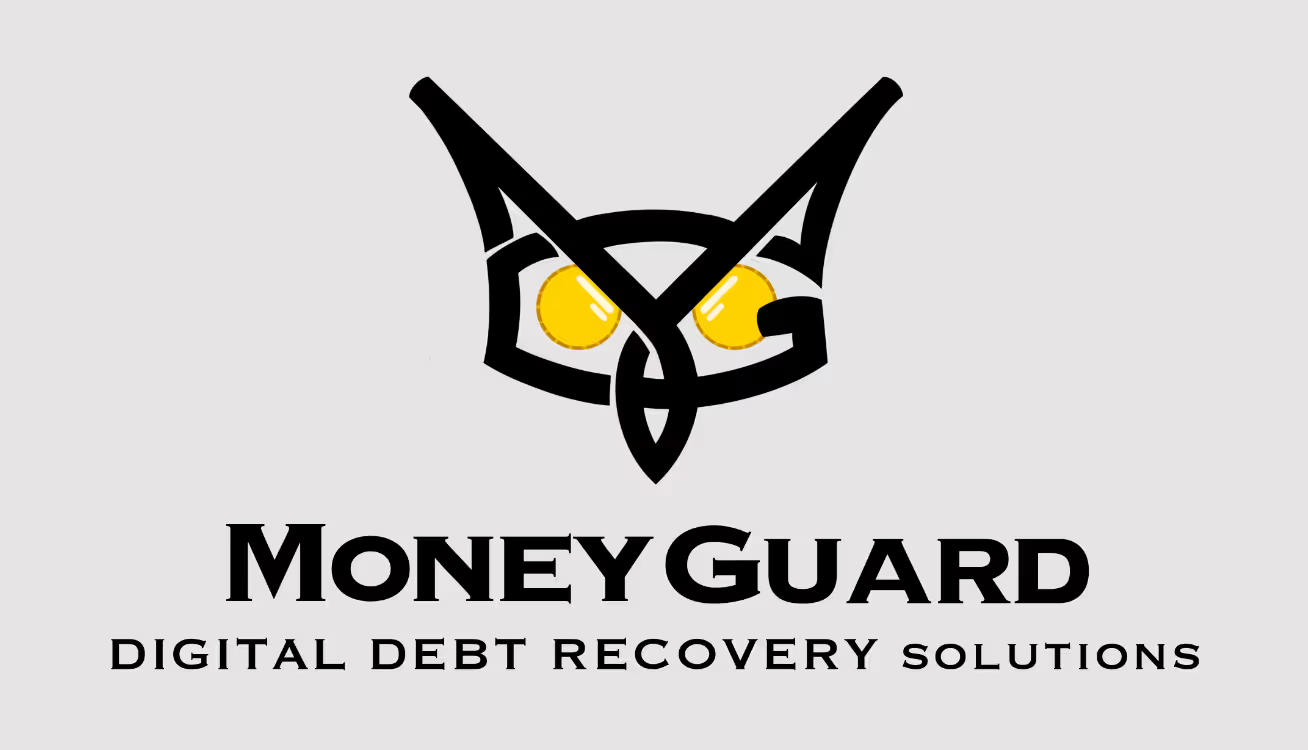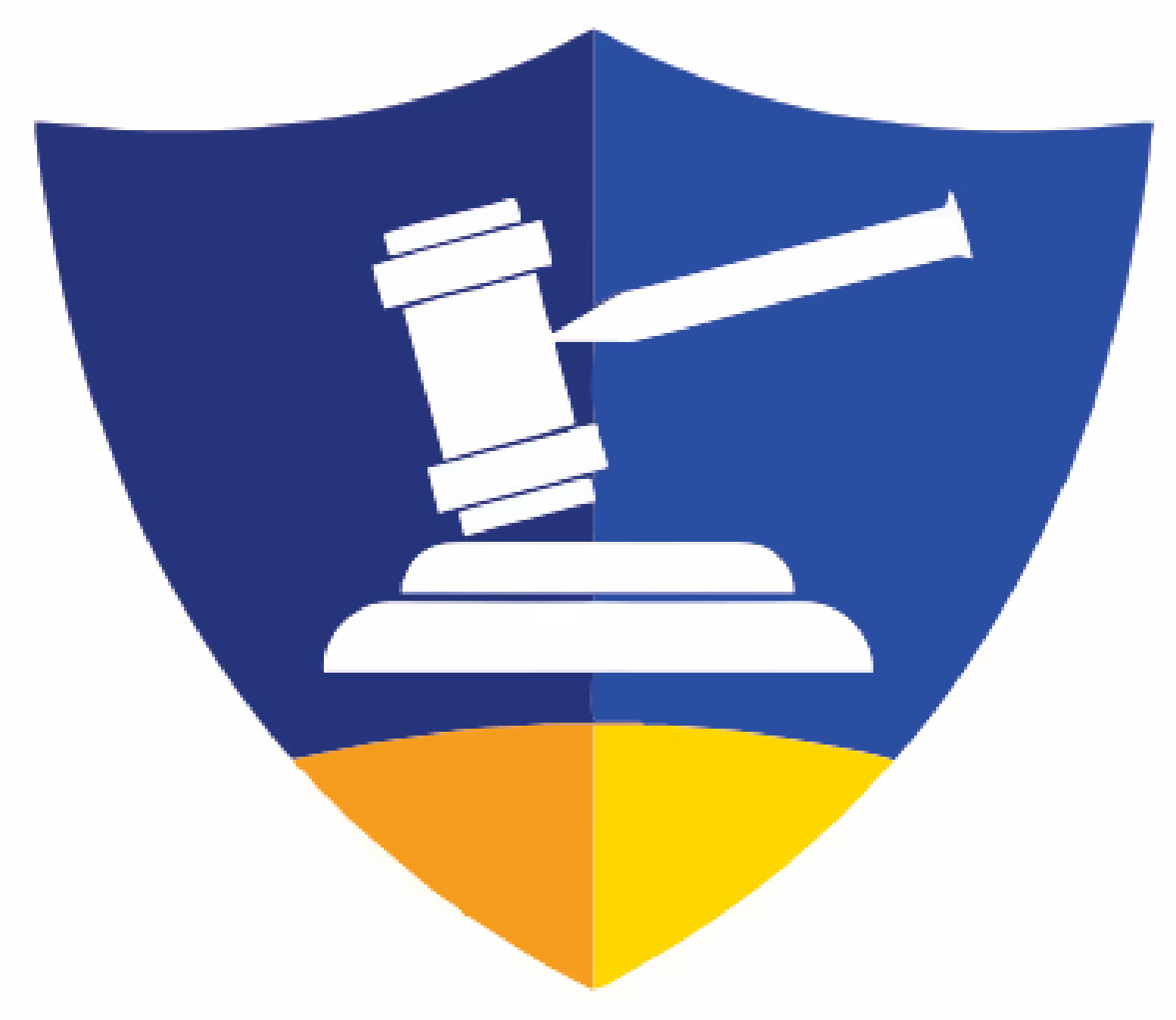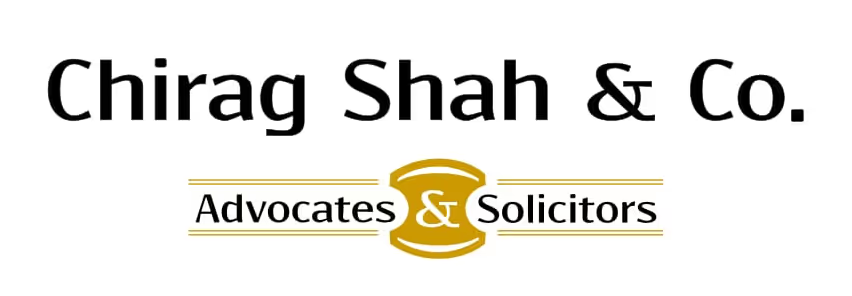Debt Collection Agency in India - No Win, No Fee
Your claims are handled exclusively by Golden Red Consulting, our registered Indian debt recovery partner (rin vasuli) with 14+ years of expertise.

Why Choose Debitura for Debt Collection in India

Fast, simple and risk-free debt collection in India
Debitura connects you with Golden Red Consulting, a Gurugram-based debt recovery specialist with 14+ years of experience serving transnational banks, credit insurers, and multinational corporations across India.
- Risk-free: Pay only when we recover your money.
- Quick setup: Submit invoices in a few clicks.
- Real-time tracking: Monitor progress live in one portal.
- Local expertise: Registered Indian professionals handle everything.

Start recovering your Indian debts in three steps
- Upload your claim: Enter debtor details and upload invoices through our secure portal. Takes about 2 minutes.
- We take over: Golden Red Consulting contacts your debtor within 24 hours using local expertise and language.
- Get paid: Recovered funds are transferred directly to your account. You only pay our success fee when we collect.
Already using SAP, Oracle, or another ERP? Connect via API or Zapier for automated claim submission and status updates.


Transparent, success-based pricing
Debitura operates on a No Cure, No Pay model. You pay nothing upfront and only pay a success fee when your debt is recovered.
- Zero upfront costs or subscription fees.
- Success fee deducted only after recovery.
- Competitive rates for international debt collection.
- No hidden charges.

Fast, simple and risk-free debt collection in India
Debitura connects you with Golden Red Consulting, a Gurugram-based debt recovery specialist with 14+ years of experience serving transnational banks, credit insurers, and multinational corporations across India.
- Risk-free: Pay only when we recover your money.
- Quick setup: Submit invoices in a few clicks.
- Real-time tracking: Monitor progress live in one portal.
- Local expertise: Registered Indian professionals handle everything.
Debt Collection Process in India - Clear, Fast and Fully Managed
Why you can trust this guide
At Debitura, we uphold the highest standards of impartiality and precision to bring you comprehensive guides on international debt collection. Our editorial team boasts over a decade of specialized experience in this domain.
Questions or feedback? Email us at contact@debitura.com — we update this guide based on your input.
Debitura By the Numbers:
- 10+ years focused on international debt collection
- 100+ local attorneys in our partner network
- $100M+ recovered for clients in the last 18 months
- 4.9/5 average rating from 621 reviews
Expert-led, locally validated
Written by Robin Tam (16 years in global B2B debt recovery). Every page is reviewed by top local attorneys to ensure legal accuracy and practical steps you can use.
Contributing local experts:
Last updated:
From first contact to final recovery, your Indian debt collection follows a proven four-stage journey. Most commercial debts resolve during amicable collection (rin vasuli or samjhauta), with legal escalation available only if needed and always under your control.
- Most debts resolve within 30-60 days through amicable collection.
- 3-year limitation period for contract claims under India's Limitation Act, 1963.
- Optional escalation to Summary Suit (Order 37 CPC) for fast-track recovery.
- Enforcement through court attachment and sale of assets.
Step 1: Claim assessment and contact (rin vasuli) 📤
Golden Red Consulting reviews your claim documentation and initiates contact with your debtor within 24 hours of submission.
- Verification of debtor details and debt validity under the Indian Contract Act, 1872 (Sections 73-75).
- Initial demand letter sent in English and Hindi as appropriate.
- Confirmation of limitation status - standard 3-year period from breach date (Article 55, Limitation Act, 1963).
- Over 51.5 million cases are pending across Indian courts (National Judicial Data Grid) - making amicable resolution preferable.
⏳ Duration: 1-2 business days
Step 2: Negotiation and payment plans (samjhauta) 🤝
Structured negotiation begins with the goal of securing full payment or an acceptable settlement agreement.
- Direct phone contact and follow-up communications in local languages.
- Payment plan proposals where full immediate payment is not possible.
- Written acknowledgment sought to reset limitation period (Section 18, Limitation Act, 1963).
- Golden Red Consulting serves transnational banks, credit insurers, and MNCs with pan-India coverage.
⏳ Duration: 2-8 weeks
Step 3: Escalation assessment 🏦
If amicable efforts do not produce results, we assess legal options and provide you with clear recommendations.
- Summary Suit (Order 37, CPC) available for liquidated debts on written contracts - defendant has 30 days to seek leave to defend.
- Commercial Courts handle B2B disputes of INR 3 lakhs and above (Commercial Courts Act, 2015).
- Lok Adalats offer settlement-based resolution for disputes up to INR 20 lakhs with decree status.
- Mandatory pre-institution mediation required for commercial disputes of INR 3 lakhs or more (Section 12A, Commercial Courts Act).
⏳ Duration: 1-2 weeks for assessment
Step 4: Legal action and enforcement (nishpadan) - If required ⚖️
Should you choose to proceed with legal action, Debitura sources up to 3 fixed-price quotes from vetted Indian law firms.
- Court decree enforcement through attachment and sale of property (Order 21, CPC).
- Garnishment of debts and bank accounts available (Rules 46-46A, Order 21).
- Execution limitation is 12 years from decree date.
- DRT average resolution time is 4.3-4.5 years with recovery rates around 20.8% (National Judicial Data Grid).
⏳ Duration: Variable - Summary Suit can conclude in weeks if undefended; regular suits may take longer
Throughout this process, you retain full control. No legal action proceeds without your explicit approval, and you receive real-time updates through our tracking portal.
Debt Collection Pricing in India - Transparent, Success-Based Fees
You only pay if your money is recovered. No upfront fees, no subscriptions.
- No upfront costs - pay only on successful recovery.
- Tiered fees from 7.5% to 30% depending on claim value.
- Optional legal action with fixed-price quotes from vetted firms.
- Local invoicing in INR with 18% GST.
Pre-legal collection fees (No Cure, No Pay) in India
Our success fees are tiered by the amount recovered. All thresholds are expressed in USD, calculated at the time of collection:
- Claims USD 100-999: 30%
- Claims USD 1,000-7,999: 20%
- Claims USD 8,000-74,999: 15%
- Claims USD 75,000-149,999: 10%
- Claims above USD 150,000: 7.5%
Golden Red Consulting invoices in INR with 18% GST applicable under SAC Code 998592 (Collection Agency Services). Input Tax Credit is available for GST paid on collection fees.
Optional legal action
If amicable collection is unsuccessful and you choose to escalate, Debitura sources up to 3 fixed-price quotes from vetted Indian law firms. You review the offers and decide whether to proceed - there is no obligation.
- Court fees and legal costs vary by claim value and court type.
- Interest is at court discretion under Section 34 CPC - no statutory default rate applies.
- Litigation costs recoverable at court discretion under Section 35 CPC.
For complete pricing details, visit debitura.com/pricing.
Who We Help with Debt Collection in India
India's court system has over 51.5 million pending cases, making efficient out-of-court recovery essential. Golden Red Consulting helps businesses of all sizes recover unpaid invoices from Indian debtors quickly and professionally.
SMEs and growing businesses
- Chasing a handful of overdue invoices from Indian customers.
- Need local expertise without the cost of hiring an in-house team.
- Ideal for: Exporters, SaaS companies, service providers with Indian clients.
Enterprises and multinationals
- Managing accounts receivable across multiple Indian states and subsidiaries.
- Require unified reporting and API integration with existing systems.
- Ideal for: Credit control teams, treasury departments, shared service centres.
International businesses
- Collecting from Indian distributors, partners, or clients without local presence.
- Need a single partner covering India alongside other markets (US, EU, UAE, Singapore, UK).
- Ideal for: US and European exporters, APAC trading companies, global manufacturers.
Our International Expertise 🌍
Debitura partners with over 500 licensed debt collection agencies and law firms across 183 countries and jurisdictions. In India, Golden Red Consulting provides pan-India coverage from their Gurugram (NCR) base, handling claims in English, Hindi, and regional languages.
Beyond India, we cover major trading regions including the EU, United States, Middle East, Southeast Asia, Africa, and Latin America. Whether your debtor is in Mumbai, Munich, or Miami, one contract and one dashboard gives you access to local expertise everywhere.
Tech-Enabled Debt Collection in India - ERP, API, AI and Secure Integrations
Managing receivables across India and 183 countries can mean juggling multiple agencies, currencies, and reporting formats. Debitura consolidates everything into one platform - Golden Red Consulting delivers on the ground while you track progress in real time:
- ERP integration: Connect SAP, Oracle, Microsoft Dynamics, and other systems for automated claim submission.
- API access: Build custom workflows and sync case data with your internal systems.
- Zapier connectivity: Link Debitura to 5,000+ apps without coding.
- AI-powered insights: Predictive analytics help prioritise claims and optimise recovery strategies.
- Enterprise security: SOC 2 compliant infrastructure with encrypted data handling.
- Credit checks: Assess debtor financial health before and during collection.
Find a Local Debt Collection Lawyer
Need court-ready representation? Share your case once and receive up to three proposals from vetted litigation attorneys—free, fast, and with no commitment.
- Verified specialists
- Quotes in 24 h, no hidden fees
- Fair, pre-negotiated rates

Moneyguard Solutions LLP is a premier debt recovery agency in Surat offering effective Debt Collection services in India, positioning itself as the go-to partner for debt recovery with industry expertise since 2021 and recognized for its innovative solutions and membership in esteemed associations.

Legal Thirst Associates is a premier law firm in Rohtak offering effective Debt Collection services in India, established in 1993, with accolades from the Bar Council of Punjab & Haryana and membership in the Indian Lawyers Association, serving high-value claims nationwide.

India International Law Firm is a premier law firm in Bengaluru offering effective Debt Collection services in India, positioning itself as the go-to partner for debt recovery with a foundation in 2002, Supreme Court Bar Association membership, and a global associate network.

The Indian Lawyer & Allied Services is a premier law firm in New Delhi offering effective Debt Collection services in India, renowned for its expertise since 2011, with accolades such as the Women Entrepreneur Award 2022 and memberships in the Association of European Attorneys.

Srivastava & Associates is a premier law firm in New Delhi offering effective Debt Collection services in India, renowned as the go-to partner for debt recovery since 1972, with a presence in over 10 cities and specialized expertise across key industry sectors.

Lex Protector LLP is a premier law firm in Bhubaneswar offering effective Debt Collection services in India, established in 2018, renowned for its expertise and trusted as a leader in the field.
MAARUTI SERVICES is a premier debt recovery agency in Vadodara offering effective Debt Collection services in India, established in 2023 with a success rate exceeding 95%, recognized for its award-winning strategies and membership affiliations, serving corporate clients with excellence.

Pratyusha Financial Services is a premier debt recovery agency in Sundargarh offering effective Debt Collection services in India, founded in 2023, partnering with banks and NBFCs to deliver personalized solutions and drive financial inclusion across the nation.

HNR LEGAL is a premier law firm in Pune offering effective Debt Collection services in India, positioning itself as the go-to partner for debt recovery with a foundation of knowledge and integrity, founded in 2014, and with offices in Mumbai and Tokyo.

Chirag Shah & Co. is a premier law firm in Mumbai offering effective Debt Collection services in India, positioning the firm as the go-to partner for debt recovery with a strong foundation since 2008 and recognized for its awards and memberships.

Attorneys Desk is a premier law firm in Navi Mumbai offering effective Debt Collection services in India, established in 2015 and recognized for its membership in the Bar Council of Maharashtra & Goa and the Debts Recovery Tribunal Bar Association.

Ferry Dhiman & Co. is a premier law firm in offering effective Debt Collection services in IN, positioning itself as the go-to partner for debt recovery since 2001 with a strong reputation in corporate and tax law, supported by prestigious awards and memberships.

Golden Red Consulting is a premier debt recovery agency in India offering effective risk-free debt collection services, positioning itself as the go-to partner for debt recovery since 2011, leveraging a No Cure No Pay model as an exclusive Debitura partner in India.

Maxim Credit Management Services is a premier debt recovery agency in New Delhi offering effective debt collection services in India, renowned for its no-success-no-fee model since 2010, serving across Asian markets and internationally through a global partner network.





.svg)

.webp)
.png)

.png)
.svg)












.svg)

